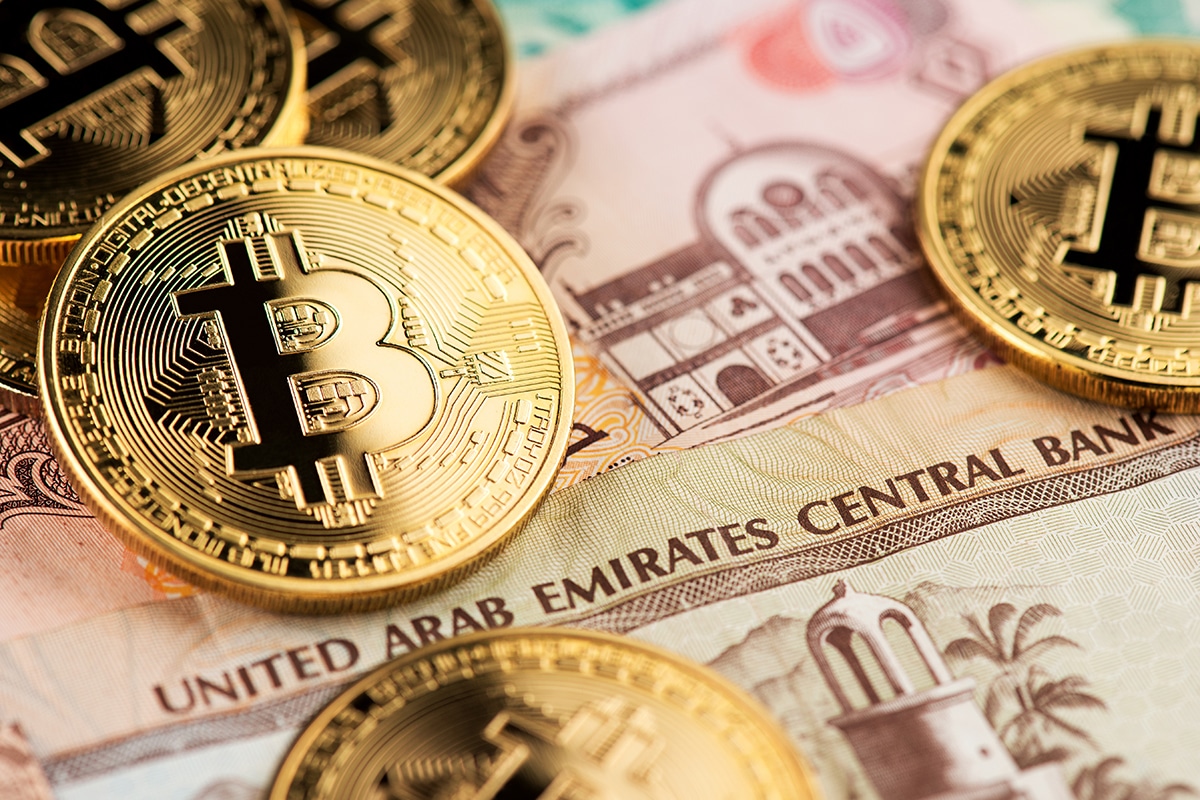UAE Stablecoin Usage Surges 55% YoY, Driven By New Regulations And Market Growth

The year 2024 is proving to be a landmark year for stablecoins in the UAE, with the value of stablecoins received by services posting a 55 per cent spike in the first half of the year to reach over $9.8 billion compared to the same year-ago period.
Consequently, stablecoins currently account for the largest share of crypto activity in the UAE at 51 per cent, much higher than both Bitcoin (19 per cent) and Ether (9 per cent) – typically considered to be the most recognised and popular cryptocurrencies.
According to industry data, professional-sized ($10k to $1 million), institutional-sized ($1 million to $10 million) and large institutional-sized ($10 million and above) accounted for 40 per cent, 34 per cent, and 20 per cent, respectively of the stablecoin transfers, while retail-sized transfers ($10K and below) accounted for a meagre 6 per cent of value received.
“Stablecoins have done impressively well through the first half of the year,” said Arushi Goel, Head of Middle East & Africa Policy at Chainalysis.
“With the Central Bank of the UAE releasing its Payment Token Services Regulation, which clarifies the rules for issuing, custodying and converting payment tokens in UAE, this would potentially pave the way for broader participation and innovation,” she said.
Chainalysis said though retail-sized transactions fared lower in value terms, it accounted for a vast majority – 93 per cent – in terms of volume of stablecoin transfers in the UAE.
“This indicates a highly active market for retail investors who are likely using stablecoins as a means to trade in and out of other virtual assets,” Chainalysis said.
The company also said over three quarters (78 per cent) of stablecoin transfers tracked by it through H1 2024 took place on centralised exchanges (CEXs).
In comparison, according to Chainalysis’ 2024 Geography of Crypto Report, between July 2023 to June 2024, just 47 per cent of overall crypto transactions in the UAE took place on centralised exchanges.
“In line with global trends, stablecoins are helping expand the crypto user base, with centralised exchanges serving as a convenient and regulated on-ramp for individuals and businesses who have not traditionally utilised virtual assets,” Goel said.
With merchant services growing, both people and businesses are now using centralised exchanges for business payments and remittances, she added.
Dubais Magellan Capital Launches Flagship $975m Hedge Fund
Dubai-based manager is opening its absolute return platform to third-party capital for the first time The post Dubai’... Read more
UAEs FAB Posts 22% Jump In Q4 Profit, Beats Estimates
UAE's biggest bank FAB reported a record 2025 profit after strong Q4 results, higher non-interest income and expanding ... Read more
Dubai Unveils $27.2bn DIFC Zabeel District In Landmark Financial Hub Expansion
Dubai unveils $27.2bn DIFC Zabeel District, a landmark expansion set to reshape the city’s financial hub amid global ... Read more
Digital Payments Dominate Saudi Arabia As Cash Use Continues To Decline, Visa Says
Visa research shows 80% of transactions in Saudi Arabia are now digital, highlighting accelerating consumer shift away ... Read more
Saudi Venture Capital Surges 145 Per Cent To $1.72bn In Record 2025
Saudi Arabia leads MENA venture capital for a third year, with 2025 investment reaching $1.72bn across a record 257 dea... Read more
GCC Debt Market Tops $1.1trn As Dollar Issuance Surges – Report
Fitch Ratings says GCC debt capital markets grew 14% in 2025, led by US dollar borrowing and record sukuk activity The ... Read more

